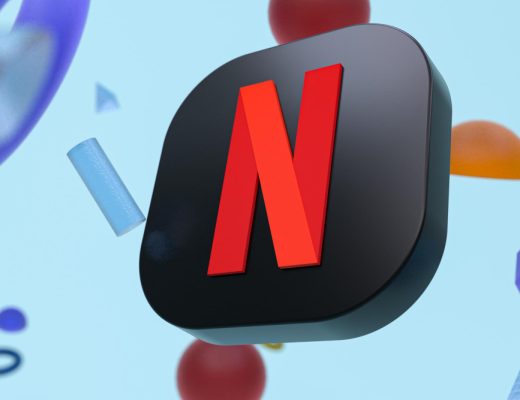Soccer, or football as it is known in many parts of the world, transcends borders and cultures. It is more than just a game; it is a universal language of passion. From the dusty streets of favelas in Brazil to the immaculate pitches of European stadiums, soccer has captured the hearts and minds of billions around the globe. In this article, we delve into the deep-rooted influence of soccer and explore the reasons behind its unparalleled popularity.
Sport for the Masses
Soccer is a sport that knows no boundaries. It requires nothing more than a ball and an open space, making it accessible to people of all ages and backgrounds. Whether in remote villages or bustling metropolises, you will find kids and adults alike honing their skills, showcasing their agility, and bonding with their communities through the beautiful game. Soccer brings people together, forging connections that extend far beyond the pitch.
Cultural Significance and Identity
Soccer is deeply intertwined with the cultural fabric of nations across the world. It serves as a powerful symbol of national pride and identity. The passionate chants, the waving flags, and the vibrant colors of team jerseys become emblems of unity and belonging. Whether it’s the fierce rivalries of club football or the exhilaration of international competitions, soccer provides a platform for nations to showcase their heritage, values, and collective spirit.
Inspiration and Aspiration
Soccer has the power to inspire and transform lives. Many players have risen from humble beginnings, overcoming adversity to achieve greatness on the pitch. Their stories resonate with aspiring young players worldwide, offering hope and motivation. Soccer serves as a vehicle for dreams and aspirations, encouraging individuals to strive for excellence, discipline, and teamwork both on and off the field.
Breaking Barriers and Promoting Equality
Soccer has been instrumental in breaking down social barriers and promoting inclusivity. It serves as a platform for athletes of diverse backgrounds to compete on an equal playing field. From female players challenging gender stereotypes to individuals from marginalized communities showcasing their talent, soccer is a catalyst for change, fostering inclusivity and promoting equality.
Cultural Exchange and Diplomacy
International soccer tournaments are not only battles for athletic supremacy but also opportunities for cultural exchange and diplomacy. Fans from different countries come together, forming bonds and friendships through their shared love for the game. Soccer provides a platform for nations to engage in friendly competition, promoting understanding and fostering diplomatic relations.
Social Impact and Community Development
Soccer has a profound impact on community development and social change. Many organizations and initiatives use the sport as a tool to address social issues, promote education, and instill values such as teamwork, respect, and fair play. Soccer has the power to uplift communities, empower individuals, and drive positive social transformation.
Global Spectacle and Entertainment
Soccer’s global influence is undeniable when we consider its immense popularity as a form of entertainment. The World Cup, with its billion-strong viewership, is one of the most-watched sporting events on the planet. From the dazzling skills of star players to the heart-stopping drama of last-minute goals, soccer captivates audiences, providing endless moments of excitement and joy.
The Everlasting Legacy
Soccer’s global influence is not confined to the present; it leaves an everlasting legacy for future generations. The love for the game is passed down through families, creating a sense of continuity and tradition. As new talents emerge and old records are broken, the spirit of soccer lives on, evolving and adapting to the changing times. It is a testament to the enduring power of sport and its ability to transcend generations, making soccer more than just a game but an integral part of our collective human experience.



